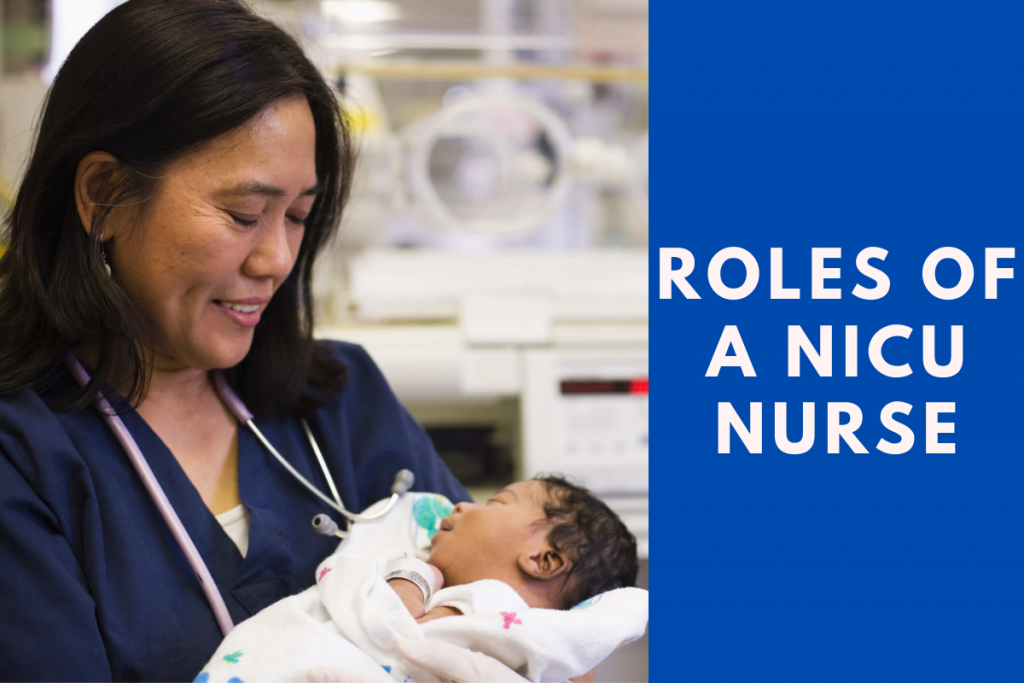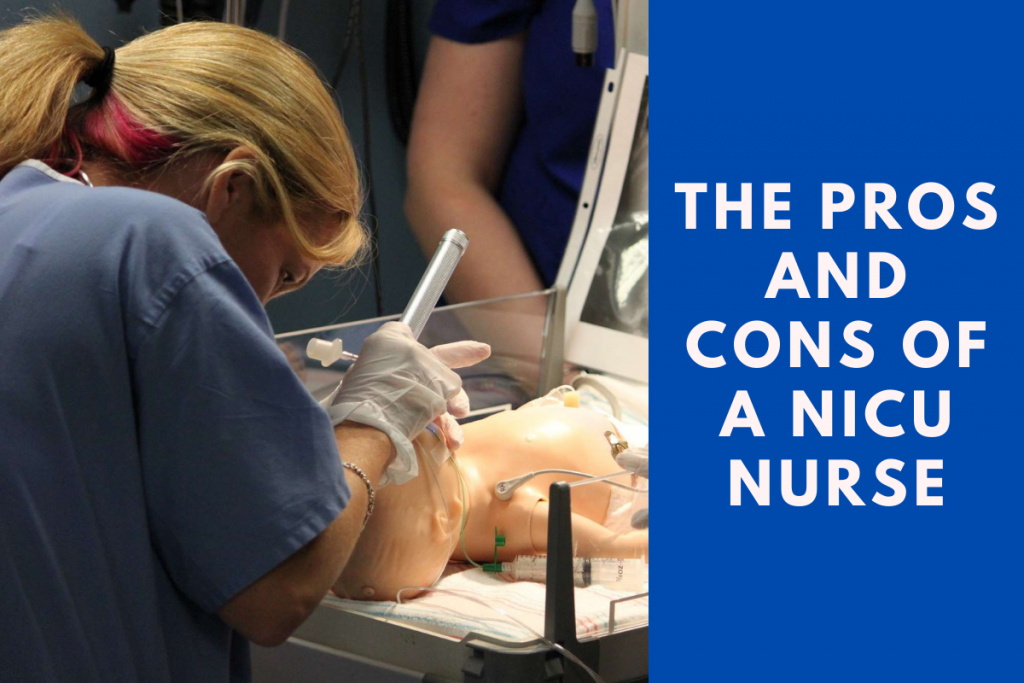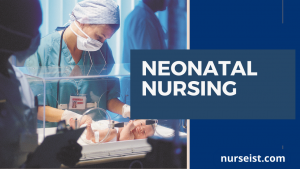Pros and Cons of a Neonatal Nursing
Did you know that on an average, about 15,000 babies are born every hour in the world? The global average fertility rate is just below 2.5 children per woman today. Angola and Niger have the highest birth rate in the world with about 6.62 children per woman. On the other hand, Japan has the lowest birth rate in the world with about 1.44 children per woman. Of so many, not all of them are born healthy, globally 1 out 10 pregnancies end with pre mature birth, that’s more than 15 million babies per year.
Preterm birth, also known as premature birth happens most in Asia and Africa. Even if you rule out preterm birth, 1 out of 20 babies is born ill and with a health condition. These tiny beings are extremely delicate and sensitive to handle, that is why there is a special subspecialty in the nursing field who only deals with newborn children and their problems, and they are called Neonatal nurses. Their main work is in the Neonatal Intensive Care Unit, also known as NICU.
Roles of a NICU nurse

There are four levels in the neonatal nursing specialty,
- Level 1: This is the basic level. The primary duties of a nurse at this level are very trivial compared with the other levels. All the healthy infants are taken care of here. Starting from bathing to feeding, everything is done according to a pattern. The demand for this level is decreasing gradually as parents tend to feel more secure with their children at home than at medical facilities.
- Level 2: Babies or infants with moderate health problems are taken care of here, the health problems at this level are easily healable. Some babies tend to suffer from cold or mild breathing problems; they are taken care of at this level. Furthermore, babies recovering from the Level 3 subspecialty of NICU are also taken care of here.
- Level 3: This level is known as the NICU unit, it’s a specialized unit for infants who are suffering from health problems and preterm birth. Newborn infants who are extremely premature (less than 32 weeks old) are supported and managed here. Some of them may require surgery so they are handled with extreme delicacy.
- Level 4: Infants who are in extreme condition fall under this level, it’s also in NICU but more severe and critical. These infants need 24/7 monitoring and observation. NICU nurses working at this level have the most responsibilities among all the other levels. Only highly experienced neonatal nurses are put into working here, they’re always working under the clock and make sure that the babies are responding well or not.
To sum up their duties in a nutshell, the neonatal nurses perform the following tasks –
- Start and maintain IV lines
- Monitor specialized equipment in caring for infants (for example, ventilators, incubators, etc.)
- Manage ventilators
- Assess vital signs (heart rate, pulse etc.)
- Design treatment plans and prescribes medications (Either independently or with the help of a neonatologist or physician)
- Order or perform diagnostic and laboratory tests
- Blood test
In a broader sense what the Neonatal nurses do is they work in collaboration with neonatologists, physicians and other healthcare members and bring out an optimum result for the problems and issues of newborn children. They are also eligible to teach as teachers or act as a consultant and join as a research specialist in their field.
The pros and cons of a NICU nurse

Neonatal nurses generally have a comprehensive care plan for every child, the more critical the condition of the newborn is, the greater the responsibility. NICU nurses are trained accordingly to function in NICU and properly deliver their services.
The best way to know if you really want to be a NICU nurse or not is by comparing the pros and cons of being a NICU nurse. If you feel like there are more pros than cons then you can keep NICU nurse as one of your career options.
Below is a list of pros and cons of a NICU nurse –
The Pros –
If you compare NICU nursing with other nursing fields, NICU nursing will seem less physically enduring and that’s true, NICU nursing doesn’t require much physical endurance. NICU works with newborn infants only therefore there isn’t any physical work involved other than taking care of the children.
NICU is a stable nursing field, the job opportunities are immense. The average annual growth for registered nurses has been projected to be 23% from 2006 to 2016 and more than 25% from 2017. With additional training and experience, a NICU nurse can progress their career even further down in the line, they can even aim for a nursing manager and guide other nurses. Working in NICU will make you more empathetic and emotionally strong.
A person who doesn’t like children is less likely to be working in this field so those who like children can embrace this field and treat the children as their own. Working on so many sick and preterm infants can help you be more compassionate and develop a sense of love for them.
The Cons –
There are always two sides to a coin. If working in this field can make you more compassionate and emotionally strong, this field also has the capability to make you emotionally hurt. A NICU nurse has to go through a lot of mental stress at any moment as newborns are extremely delicate; their conditions can change in an instant. Thus, the nurses have to be always alert to situation changes and it can be extremely stressful to handle.
If you’re someone who easily gets dragged in a quarrel then NICU nurses is probably not for you, that’s because since you will be dealing with critically conditioned newborns too often, the parents and the guardians will be hard to deal with as most couples who has this problem is generally their first child thus they get extra worried about their child and dealing with the patients’ parents can get critical at times so if you think you can handle the cons then NICU can be a great career option.
Let’s know more about job outlook and career of Neonatal nurses and how to become a Neonatal nurse.

Leave a Reply